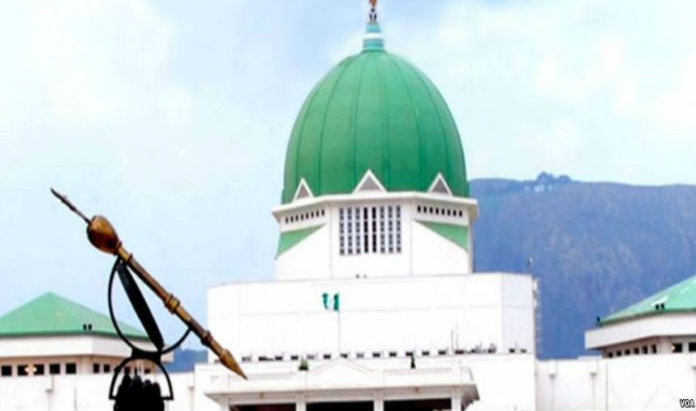PIB: NASS TO PASS BILL BEFORE END OF 1ST QUATER, 2021
National Assembly Correspondent
The Senate President Ahmed Lawan said on Monday that, the Senate will pass the protracted Petroleum Industry Bill (PIB), within the first quarter of 2021.
Lawan made this known while declaring open a two day public hearing by the Senate Joint committee on Petroleum Downstream, Upstream and Gas.
He stated that the National Assembly will work toward ensuring that the bill is structured in such a way that Nigerians will benefit optimally from the sector as well as investors getting a very good deal that will also attract a competitive business environment in Nigeria.
According to him, “our determination to pass the Bill is driven by the need to overhaul a system that has refused to operate optimally in line with global standards, resulting into loss of continental competiveness, transparency, accountability, good governance and economy loss for the petroleum industry and the country.
“Arguably, Nigeria’s oil and gas industry has experienced several shocks and challenges over a long period as a result of outdated laws. These challenges include those dictated by global practices, the persistent calls for the deregulation of the downstream sector, the agitation of the oil producing communities and the unbundling of the NNPC, all these, underscore the need for urgent legislative reform”.
Lawan also reiterated that “the challenges surrounding the future usefulness of petroleum resources and the increased level of uncertainty on oil demand calls for great concerns. It is estimated that with the evolving of new technologies, fossil fuel may be less attractive if not of no value in the next 20 years. It is therefore time for us to make maximum benefit of our fossil fuel reserves through this reform before it fades away”.
In his remarks, Chairman of the Senate joint committee on Petroleum Upstream, Albert Bassey reaffirmed that the senate President’s stance gives evident to the fact that the PIB is very important and it’s significance will not be undermined. He urged all stakeholders to make their contributions as this will help deliver a piece of legislation that will present Nigeria as a preferred destination for investment.
Also speaking at the public hearing, Minister of State for Petroleum Resources, Timipre Sylva, says for over twenty years efforts have been made to reform the Nigerian petroleum industry to put it at par with global standards but has been bedevilled by factors beyond the industry. He expressed confidence that the 9th assembly will put an end to this cycle.
Meanwhile, Stakeholders within Nigeria’s oil and gas industry insist that the long awaited passage, signing and implementation of the Petroleum Industry Bill, will help pull more Nigerians out of poverty, eliminate fiscal uncertainties in the industry and increase investor’s confidence and investments in the sector.
Beyond maximising the sector’s revenue generation capacity to fund critical projects and programs necessary to reach Nigeria’s long-term vision, stakeholders note that the oil sector must be strengthened to provide the required energy need without which Nigeria’s quest may be compromised.
Recall that the journey of the Oil and Gas reforms began in April 2000 when the then President Olusegun Obasanjo Inaugurated the Oil and Gas Reform Implementation Committee.



